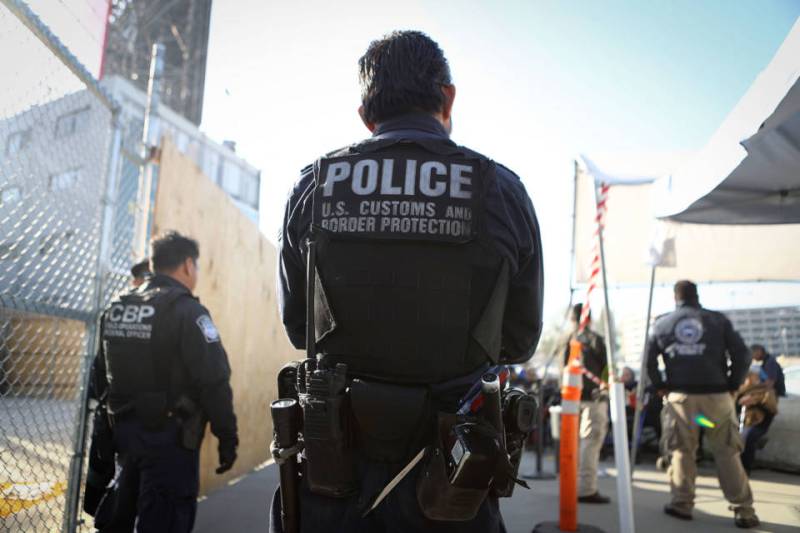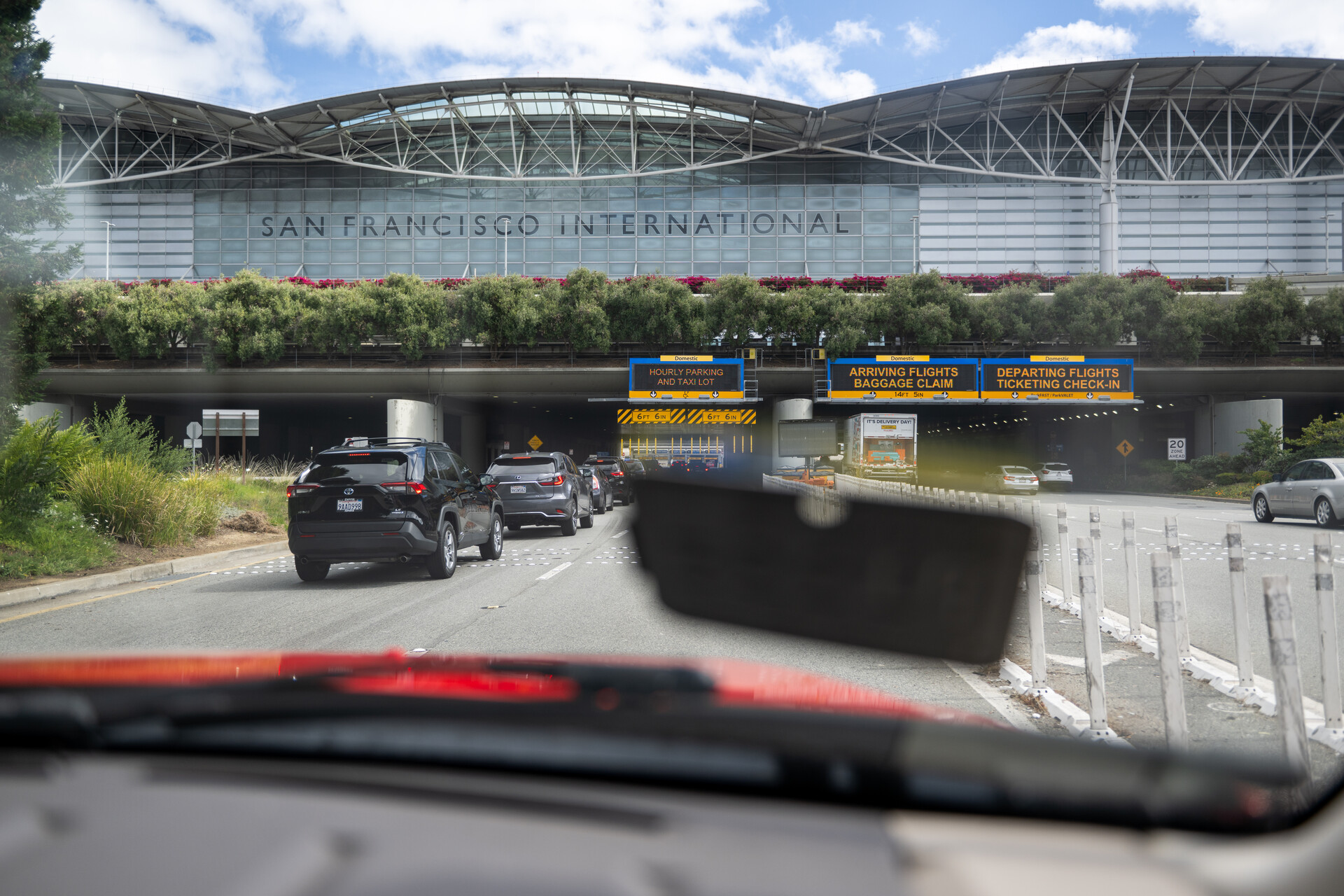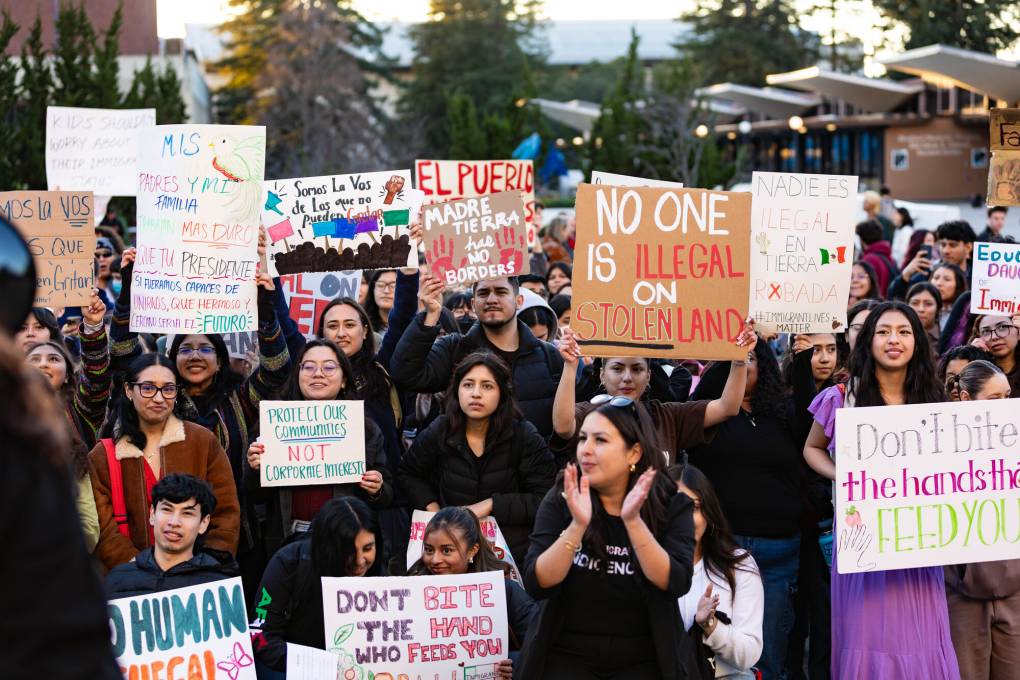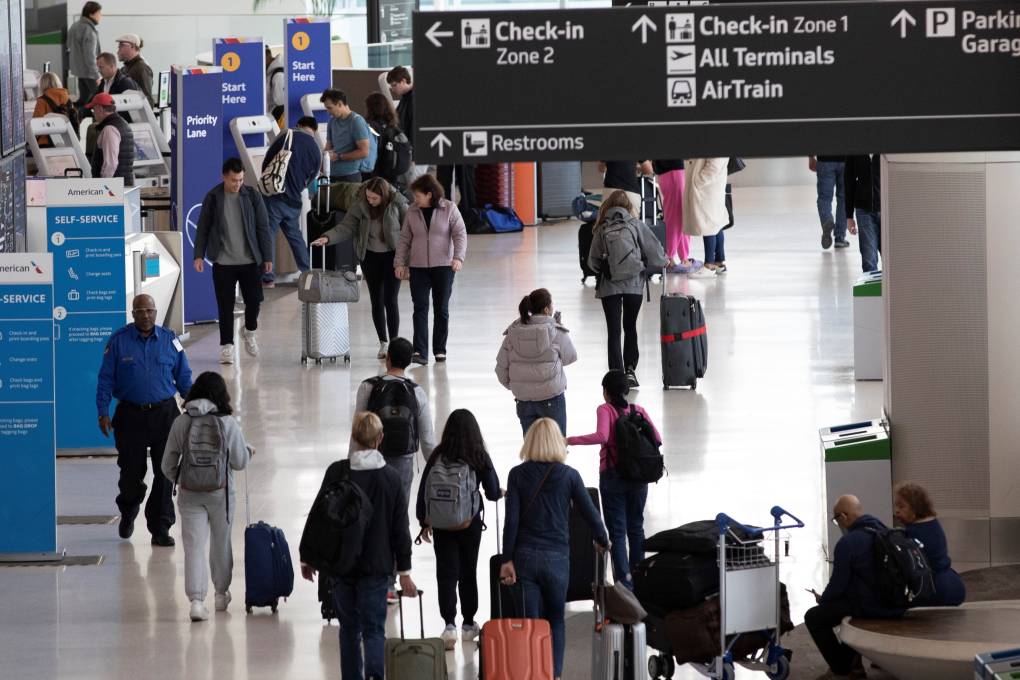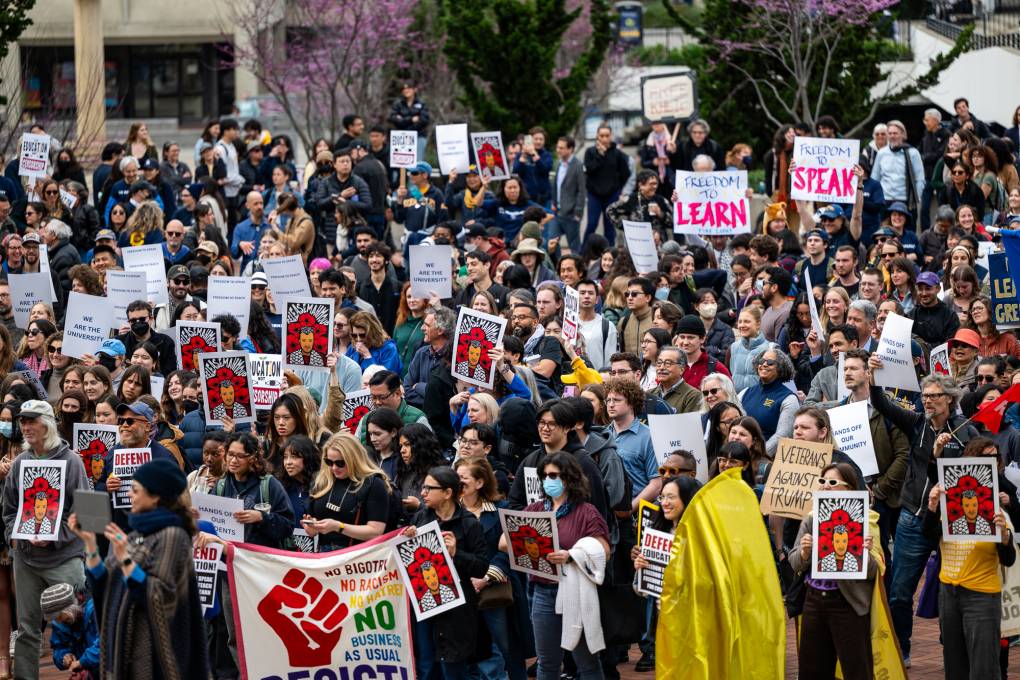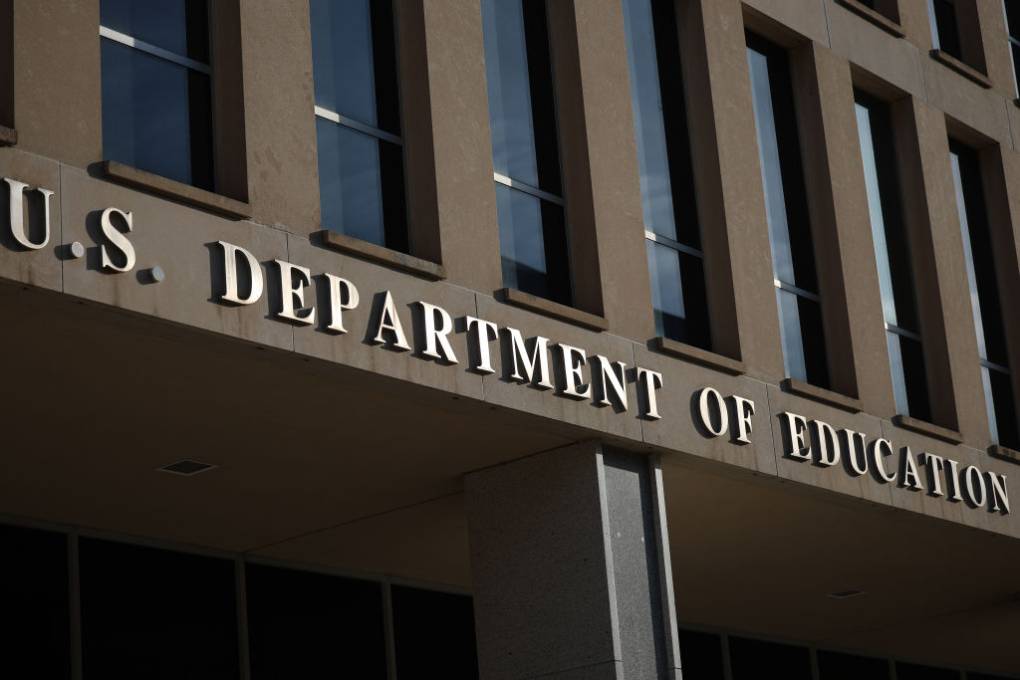For decades, the federal government has argued that certain privacy protections should be waived in situations where national security may be at risk — and many courts have been receptive to this argument, McBrien said.
In circumstances away from the border, “the courts recognize that the interest in enforcing the laws is strong, but so are people’s rights to privacy,” he said. But at the border and other points of entry, like an airport, the courts have “accepted the idea that national security is so important that it’s kind of a thumb on the scale in favor of being able to search people.”
This national security exception is what lets officials at the border search through your personal belongings — but groups that advocate for privacy and civil liberties insist that this exception gives the government too much power.
“The traditional justification for letting government agents freely access people’s luggage isn’t really appropriate for looking at digital data,” said Sophia Cope, senior staff attorney at the Electronic Frontier Foundation. “But the courts haven’t been fully convinced of that argument.”
What are the risks of refusing to comply with a CBP phone search?
If CBP wants to search your device, the Fifth Amendment allows citizens and noncitizens alike to “refuse to give them the password to unlock the phone or an account,” McBrien said. “And they can’t force you to do that until they get a warrant.”
But there are risks to this.
“U.S. citizens have the most leverage — not a ton — but the most to not comply” with a search, Cope said. While CBP agents can detain you for several hours or take your phone for an extended period of time, at some point, they have to let you back into the country as a citizen, she said.
But if you are in the U.S. with a green card or short-term visa — like a student or tourist visa — and you refuse to unlock your phone during a secondary inspection, CBP can block you from entering the U.S., even if you live here.
But even if you do comply with law enforcement, if CBP agents don’t like what they see on your phone — for whatever reason — they “can detain you, or just turn you around and force you to exit the country” if you’re a green card or visa holder, McBrien said.
He also noted that the March arrest of student activist and green card holder Mahmoud Khalil by USCIS has raised serious concerns among immigration advocates and legal scholars about how the federal government is attempting to deport permanent residents.
What kind of phone searches can CBP carry out — with or without a warrant?
‘Manual’ or ‘basic’ media searches
In a manual or basic media search, officials could be “grabbing your device, thumbing through it and looking for whatever they can find,” McBrien said. It can also include looking through your social media accounts.
According to CBP data, this is the most common type of search, representing over 90% of the searches registered in 2024.
A warrant is not required for this type of search, but CBP agents expect you to unlock your phone if this search takes place.
‘Forensic’ or ‘advanced’ media searches
In this instance, an officer will usually connect your phone to another device. “That essentially allows them to either download all the content to look through it, or directly type in search terms to more powerfully screen through the phone,” McBrien said.
In some instances, agents can perform a forensic or advanced media search without needing you to unlock your device.
